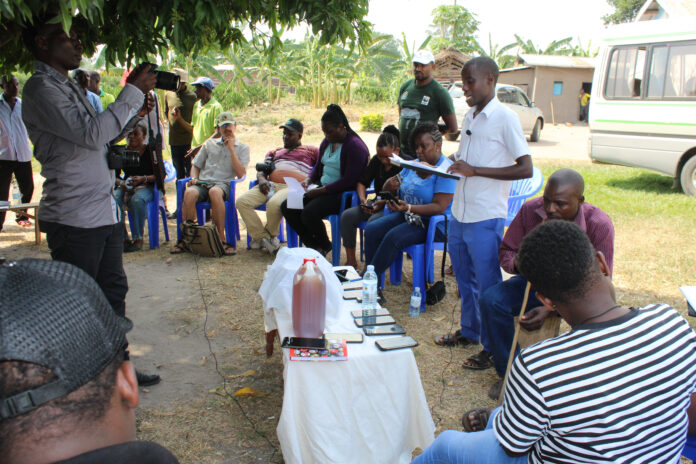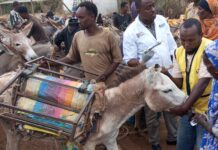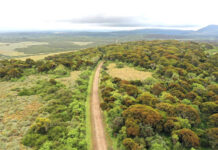By Lenah Bosibori
Uganda: After driving for 8 hours from Kasese town, we finally arrived at Rwerere village in Kanungu district which neighbors Queen Elizabeth National Park in Uganda.
Our journey was with one mission, to meet the reformed poachers of Kanungu.
Julius Tumushabe recounts the day he slept in the national park for two days while his friends left him for dead after being hit by a stick, which left him with injuries and not able to walk.
Tumushabe was only 14 when he started poaching antelopes and hyenas at Queen Elizabeth National Park in Uganda, through the influence of his father, who was also a poacher.
Tumushabe was not doing well in school and therefore his father encouraged him to follow in his footsteps
“I started poaching in 1994 when I was only 14 years of age because I was following my father’s footsteps,” says Tumushabe during an interview at Queen Elizabeth National Park in Uganda.
He started hunting antelopes for meat, he could kill them and sell some meat and consume the rest.
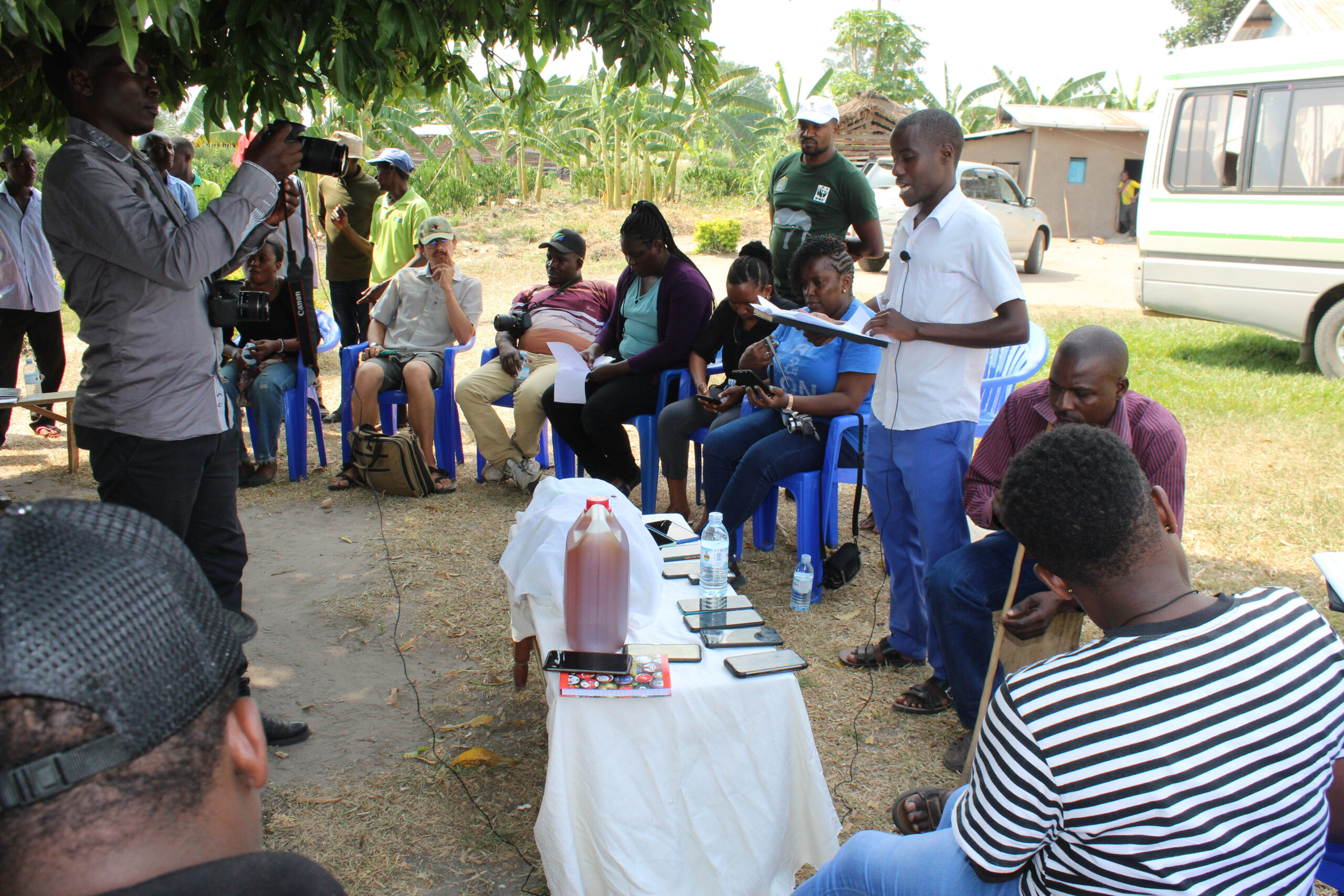
After doing the job for some time, in 2005 Uganda Wildlife Authority (UWA) came and started telling them to stop poaching, he kept listening to the message from the rangers and at some point, he started reflecting on his friends who had died while poaching and decided to make the decision to quit poaching
While running after buffaloes in the park, Tumushabe got injured and could not walk so he stayed in that place for about two days his fellow poachers left him for dead.
Luckily he was rescued by other poachers who took him home and since then he has changed his mind and reformed from poaching.
“I told my wife that if she ever wanted bush meat she could look for it from elsewhere but not from him,” adds Tumushabe.
It is now 13 years since Tumushabe reformed and he has never regretted his decisions even though he faced quite a number of challenges when he reformed.
“My life was threatened by my fellow poachers when I reformed, the community was also unhappy as I was the key person for bush meat supply to them,” adds.
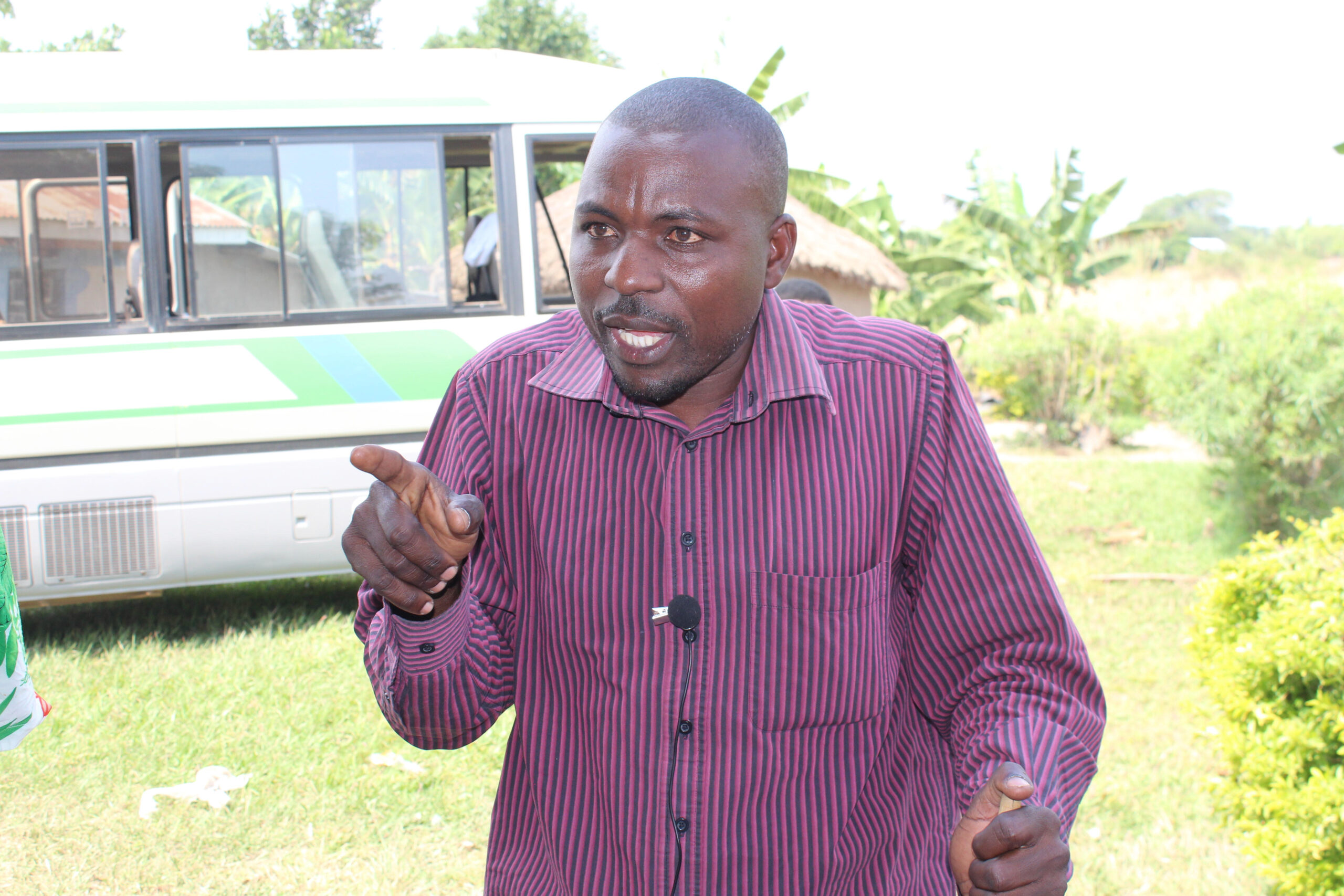
Tumushabe is now the chair of Kameme poachers Reform Group in Rwerere village Kanungu district which neighbors Queen Elizabeth National Park in Uganda.
He is now doing business and rearing pigs which were distributed to the group by World Wide Fund (WWF) Uganda. “I no longer have challenges of accessing meat, it is right at my disposal,” reiterates Tumushabe.
“The reformed poachers were supported with two livelihood interventions and one of them was piggeries which have really reproduced,” says Daniel Ndizihiwe WWF Uganda.
He adds that people recognize him as a person with influence in society not as a poacher anymore.
While Tumushabe and other poachers reformed, there is some poaching and according to #WILD EYE EAST AFRICA Opio Bosco was arrested in 2020 with warthog meat.
The suspect was charged with entering wildlife protected area without permission and Unlawful possession of wildlife-protected species without wildlife user rights.
He pled guilty to all the counts and was convicted and sentenced to CI to serve 3 years imprisonment. CII was sentenced to serve 5 years imprisonment. Both sentences are to run concurrently.
“When he reformed, he came out with the tools that he was using to poach like spears, wires’ layers, and pangas along with 15 people,” says Margaret Kasumba, law enforcement manager at Uganda Wildlife Authority (UWA).
He has so far influenced over 100 people. He chairs two groups called Kameme reformed poachers and the other one Rwerere beekeepers.
Reaping benefits
Kameme reformed poachers started in 2016, it now has 31 members who are rearing pigs and doing beekeeping both given by WWF Uganda.
Their group has also become a wildlife attraction as visitors drawn from across the world visit.
“The association has shared 14 of the pigs among the members and currently the association has 24 pigs and 40 bee hives,” adds Asma Martin the Secretary of the Group.
According to Martin, the group has breached the gap and created a good working relationship between UWA officials and the community.
“We no longer fear UWA officials and the rangers, we have been entrusted and given the responsibility of conserving our wildlife,” adds Martin.
Human-wildlife conflict is still a challenge
Martin adds the attacks from the animals like lions, hyenas and elephants are still posing a threat to their pigs and crops.
“Our pigs are attacked by the wild animals and also crops destroyed by the elephants, “adds Martin.
Water shortage is also another challenge to the pigs who consume at least 500 liters a day. “When it is so dry the pigs need much water,” adds Martin
He says that the pigs also get unexpected abortions when the temperatures are too high.
Their Requests
Kameme Poachers Reform Group is asking for well-wishers to help in drilling a water dam that would help with water when it is dry in the area.
They are also asking for a diverse of cattle like cows and goats that will help them with milk and more meat for the family.
Lastly, they are requesting a bigger space of land to do farming that will help both their pigs and the family.
An electric fence will be appropriate to protect them from wildlife.
This story was produced during an Internews Earth Journalism workshop with East African journalists in Uganda.

